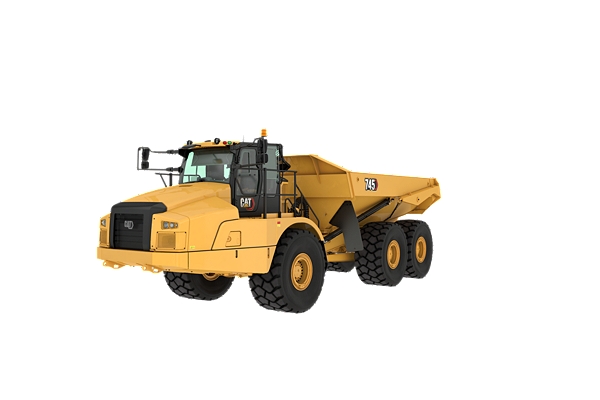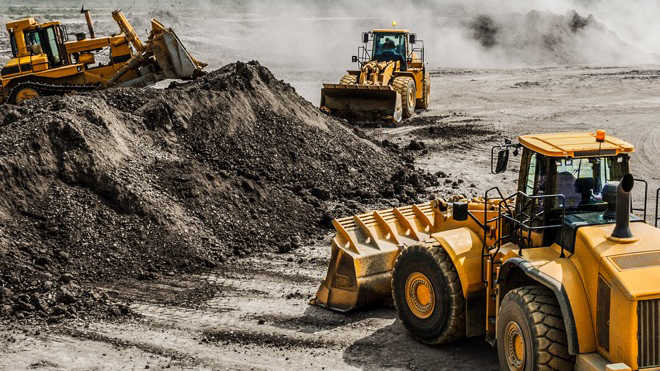Renting Out Vs. Purchasing Building Equipment: Making the Right Choice for Your Job
When beginning on a building and construction job, one of the important decisions that forecast stakeholders and supervisors deal with is whether to buy or rent building tools. The decision pivots on different aspects such as expense factors to consider, project duration, equipment maintenance, versatility, scalability, and risk management.
Expense Considerations
Renting out tools typically requires lower initial payments contrasted to purchasing, making it an eye-catching alternative for short-term projects or specialists with budget constraints. In the lengthy run, constantly renting tools can accumulate higher expenses than buying, particularly for extended tasks.
On the other hand, acquiring building tools entails higher ahead of time prices but can result in long-term savings, specifically for frequent customers or long-lasting tasks. Possessing equipment gives adaptability, convenience, and the possibility for resale value once the job is finished. Additionally, having tools enables modification and experience with particular machinery, potentially increasing efficiency and productivity on-site. Eventually, the choice between renting out and acquiring building and construction equipment pivots on the job's period, frequency of usage, budget factors to consider, and long-term monetary objectives.
Project Period

Alternatively, for long-term tasks or ongoing building work, getting tools can be the more economical alternative. Purchasing tools can cause set you back savings over time, particularly if the equipment will be frequently made use of. Additionally, having tools provides a sense of control over its schedule and permits personalization to fit specific job needs.

Equipment Maintenance
Offered the important role task duration plays in determining one of the most affordable approach between renting out and purchasing building and construction devices, the focus currently changes in the direction of analyzing the necessary element of equipment maintenance. Appropriate upkeep is essential for guaranteeing the optimum efficiency and longevity of construction equipment. Leasing equipment typically features the advantage of having well-maintained machinery supplied by the rental business. This can reduce the concern of maintenance tasks from the project proprietor or service provider, saving effort and time. On the various other hand, possessing tools requires a positive method to upkeep to avoid failures, guarantee security, and prolong the tools's life expectancy. Normal evaluations, maintenance, and timely repairs are required to maintain owned tools in top functioning problem. Aspect in upkeep costs when choosing in between purchasing and renting out, as neglecting upkeep can cause costly repairs, downtime, and job delays. Inevitably, a well-maintained building equipment fleet, whether leased or had, is important for the effective and effective completion of construction tasks.
Versatility and Scalability
In find out the realm of construction tools administration, the facet of flexibility and scalability holds considerable significance for project performance and source use. Choosing to rent out construction devices provides a high level of versatility as it enables the quick adjustment of tools kinds and quantities based on the advancing demands of a task. Leasing makes it possible for contractors to access a large range of specialized equipment that may be needed for certain jobs without the long-term commitment of ownership. This flexibility is especially useful for jobs with varying needs or unclear durations (mini excavator rental).
Furthermore, scalability, an additional crucial aspect, is naturally connected to flexibility. Renting building and construction tools uses the benefit of quickly scaling operations up or down as job needs fluctuate. Specialists can rapidly include or exchange devices to match the task's transforming needs without the restrictions of having possessions that may come to be underutilized or out-of-date. This capacity to scale sources successfully can cause price financial savings and boosted task timelines, making renting out a positive choice for tasks requiring versatility and responsive source appropriation.
Danger Administration
Reliable risk administration in building tools procedures is vital to making sure task success and mitigating prospective monetary losses. Building tasks inherently entail various threats, such as tools break downs, accidents, and project hold-ups, which can considerably influence the project timeline and budget plan. By meticulously considering the risks connected with owning or renting building devices, task managers can make educated decisions to lessen these possible hazards.
Leasing building tools can provide a level of threat reduction by transferring the responsibility of repair and maintenance to the rental business. This Visit Your URL can minimize the monetary concern on the job proprietor in instance of unforeseen devices failures (aerial lift rental). In addition, renting out provides the flexibility to accessibility customized devices for particular task phases, lowering the danger of owning underutilized machinery
On the various other hand, possessing construction equipment offers a sense of control over its usage and upkeep. Nevertheless, this likewise implies birthing the full duty for repairs, maintenance prices, and devaluation, enhancing the financial risks linked with tools possession. Mindful danger evaluation and factor to consider of elements such as job duration, devices usage, and upkeep demands are critical in figuring out one of the most suitable alternative for reliable danger administration in construction projects.
Verdict
In verdict, when making a decision between renting and getting building and construction equipment, it is essential to take into consideration expense, project period, equipment upkeep, risk, scalability, and flexibility management. Each element plays a critical function in determining the most suitable choice for the job available. By carefully assessing these aspects, job supervisors can make an enlightened choice that aligns with their spending plan, timeline, and total project objectives.
